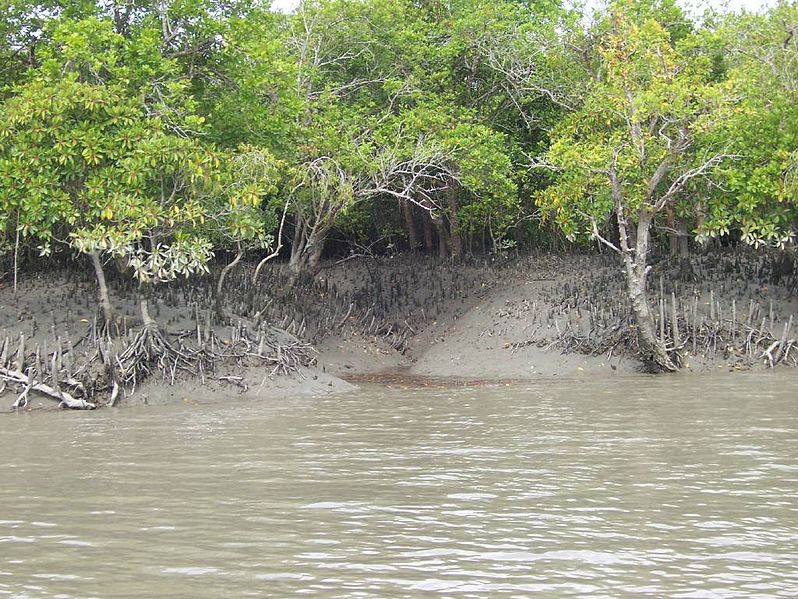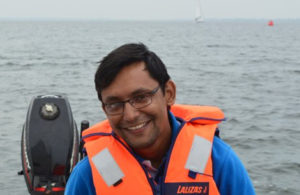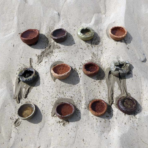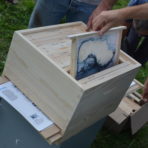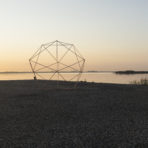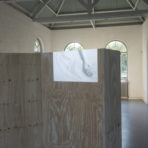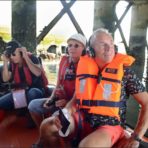Zaterdag 10 maart 2018:
Om 14.00 uur eerste van twee lezingen in de Grote kerk te Haamstede:
Mr. M. Shah Nawaz Chowdhury, building with nature in Bangladesh, over natuurlijke kustverdedigingen.
Mr. M. Shah Nawaz Chowdhury will deliver a talk to share his research experiences regarding Building with Nature approaches as case study in Bangladesh, where the shoreline has been changing rapidly due to land erosion and accretion at different rate. Erosion is most severe in many offshore islands in his country, which are frequently hit by storm surges, high astronomical tides and erosive waves associated with southwest monsoon winds. It is affecting the livelihoods and placing people and property at greater risk of damage in that region. Due to these vulnerabilities and environmental stress, hundreds of thousands people were forced to migrate to mainland from islands. Conventional engineering solutions to coastal erosion are challenged by ever rising maintenance costs and unwanted environmental and ecological side effects. Mr. Chowdhury has been investigating to develop the tools and ecoengineering techniques for enhancing coastal resilience along eroding coasts in the Bay of Bengal. He believes, the restoration or development of coastal ecosystems like breakwater oyster reefs may provide a new alternative or add-on to conventional coastal defence.
Short Biography
Mr. M. Shah Nawaz Chowdhury (1982) is an assistant professor at the Institute of Marine Sciences and Fisheries (IMSF), University of Chittagong (Bangladesh). Additionally, he has been working as PhD researcher at the Wageningen University since June 2014 through Netherlands Fellowship Program (NFP).
Mr. Chowdhury’s research interests span issues in the field of coastal oceanography. He is specifically interested in shellfish ecology, marine habitat (seagrass, saltmarsh and mangroves) restoration, their functioning and associated ecosystem services. His current research aims to explore the use of ecosystem engineers (i.e., organisms that create or modify or maintain the habitat in which they live, example: oysters) in solving coastal erosion problems under the ‘Building with Nature’ research framework. He is investigating to develop tools and ecoengineering techniques for enhancing coastal resilience along eroding coasts in the Bay of Bengal.His research is collaborated by Wageningen Marine Research (former, IMARES) and AFI chair groups together with the Institute of Marine Sciences and Fisheries (IMSF).
Before his current positions, Mr. Chowdhury obtained BSc (2005) and MSc (2007) in Marine Science from the Institute of Marine Sciences and Fisheries at the University of Chittagong. He also attended summer school program at Arizona University, USA. He had a long research track in issues related to integrated coastal resources management and was involved as associate researcher in various projects until 2013 operated by the Coastal and Ocean Research Group of Bangladesh (CORG) and IMSF, University of Chittagong. In addition, he received fellowship from Cornel University to conduct higher study on Marine Bio-acoustics at Friday Harbor Lab in Washington University, USA.
Contact info
Wageningen Marine Research, Korringaweg 7, 4401 NT Yerseke
Institute of Marine Sciences and Fisheries, University of Chittagong, Chittagong 4331, Bangladesh

